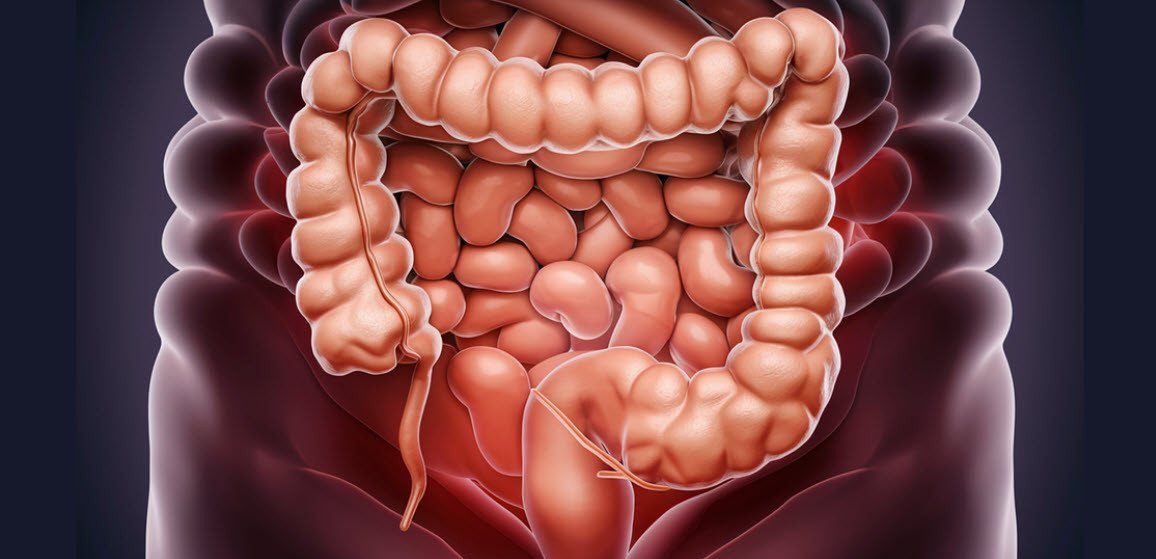Understanding Colon Cancer
Colon cancer develops when abnormal cells form in the lining of the large intestine (colon). It's the third most common cancer diagnosed in both men and women in the United States, but highly preventable with proper screening.
Understanding colon cancer involves recognizing its progression and the importance of early detection. In the early stages, colon cancer may not cause noticeable symptoms, which is why screening is so vital. As the disease advances, symptoms can become more apparent, including changes in bowel habits, persistent abdominal discomfort, and unexplained weight loss.
The development from benign polyps to malignant tumors typically takes many years, highlighting the opportunity for intervention through regular screening. Detecting and removing precancerous polyps before they turn cancerous is one of the most effective strategies in reducing the incidence and mortality associated with colon cancer. Staying informed about the signs, risk factors, and screening options empowers individuals to take proactive steps toward prevention and early treatment.
Common Symptoms
- Changes in bowel habits: Persistent diarrhea or constipation
- Rectal bleeding: Blood in stool (bright red or very dark)
- Abdominal discomfort: Cramps, gas, or persistent pain
- Incomplete bowel movements: Feeling that bowel doesn't empty completely
- Unexplained weight loss: Without changes in diet or exercise
- Fatigue/weakness: Often from anemia caused by slow blood loss
Key Risk Factors
Non-Modifiable Factors
- Age (90% of cases occur after age 50)
- Personal history of polyps or inflammatory bowel disease
- Family history of colon cancer
- Certain genetic syndromes (Lynch syndrome, FAP)
- Type 2 diabetes
Modifiable Risk Factors
- Diet high in red/processed meats
- Low fiber intake
- Physical inactivity
- Obesity
- Smoking
- Heavy alcohol use
Screening Recommendations
- Starting at 45: For average-risk adults (lowered from 50 in recent guidelines)
- Colonoscopy: Gold standard (every 10 years if normal)
- Stool tests: FIT (yearly) or Cologuard (every 3 years)
- CT colonography: Every 5 years
- Earlier screening: For high-risk individuals (family history, genetic risk)
Diagnostic Process
- Colonoscopy with biopsy
- Imaging tests (CT scan, MRI, PET scan)
- Blood tests (CBC, liver function, tumor markers)
- Molecular testing of tumor tissue
Treatment Options
Localized Cancer
- Surgery: Polypectomy, colectomy, or resection
- Local excision: For very early stage cancers
Advanced Cancer
- Chemotherapy: Often used after surgery or for metastatic disease
- Radiation therapy: More common for rectal cancer
- Targeted therapy: For cancers with specific genetic changes
- Immunotherapy: For MSI-H or dMMR tumors
Frequently Asked Questions
Q: What's the difference between colon and rectal cancer?
A: They're collectively called colorectal cancer but differ in location. Treatment may vary slightly, especially regarding radiation use in rectal cancer.
Q: Are colon cancer symptoms different in younger people?
A: Symptoms are similar but often overlooked in younger adults, leading to later diagnosis. Rectal bleeding and iron deficiency should always be evaluated.
Q: Can colon cancer be prevented?
A: Screening can prevent many cases by finding precancerous polyps. Lifestyle changes (diet, exercise, avoiding smoking/alcohol) also reduce risk.
Q: How fast does colon cancer develop?
A: Most develop slowly over 10-15 years from polyps. This slow growth makes screening particularly effective for prevention.
Q: Is colonoscopy painful?
A: Patients are sedated and typically feel no pain. The prep is often considered more uncomfortable than the procedure itself.
Prevention Strategies
- Regular screening starting at 45 (earlier if high risk)
- Diet rich in fruits, vegetables, and whole grains
- Limit red/processed meats
- Maintain healthy weight
- Regular physical activity
- Limit alcohol
- Don't smoke
Key Takeaways
- Colon cancer is highly preventable with screening
- Don't ignore persistent bowel changes or rectal bleeding
- Screening now starts at age 45 for average-risk adults
- Lifestyle factors significantly impact risk
- Treatment success is highest with early detection
The content of this post is provided for informational purposes only. It is essential to consult with a qualified healthcare professional before making any decisions regarding your health or wellness. The author is not a licensed medical professional, and this information should not be considered medical advice.
Tags: colon cancer, colorectal cancer, colonoscopy, cancer screening, bowel cancer, cancer prevention, polyps, gastrointestinal cancer
Have you or someone you know been through colon cancer screening or treatment? Share your experiences or questions in the comments below.
If you require any assistance with this article, please do not hesitate to Contact Us














